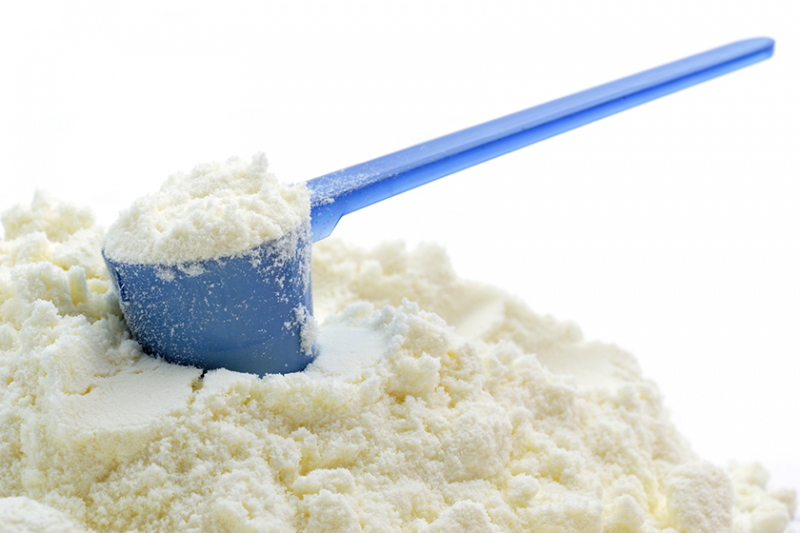Protein Powder Warning: Whey Emerges as the Safer Choice

Contamination in Plant-Based Proteins
The study highlights that plant-based proteins, including soy, pea, and rice, are more prone to absorbing heavy metals from the soil. Contributing factors include the use of fertilizers and pesticides, as well as cultivation in industrialized areas. Even organic products are not exempt, as soil quality controls often fail to prevent contamination.
Additionally, chocolate-flavored supplements, regardless of their protein source, showed higher contamination levels due to cocoa’s strong ability to absorb metals from the soil.
Whey Protein: A Safer, High-Quality Option
In stark contrast, whey protein powders demonstrated significantly lower levels of heavy metal contamination. According to the Clean Label Project, less than 30% of whey-based products exceeded California’s Proposition 65 limits for heavy metals, compared to nearly 80% of plant-based products.
The production process for whey protein, a byproduct of cheese manufacturing, involves rigorous filtration that removes impurities and contaminants. This not only results in a purer product but also retains whey’s high bioavailability and its complete profile of essential amino acids, making it a superior choice for health-conscious consumers.
Opportunity for the Dairy Industry
These findings present a strategic opportunity for the dairy industry. Whey protein, produced under strict quality standards, not only meets consumer demands for effective supplements but also addresses growing concerns about food safety.
Conclusion
The Clean Label Project report has spotlighted a global food safety issue but also created an opening for whey protein to solidify its position as a leader in quality and trust. By choosing whey, consumers are not only investing in an effective supplement but also opting for a safer solution amid the challenges posed by plant-based proteins.









